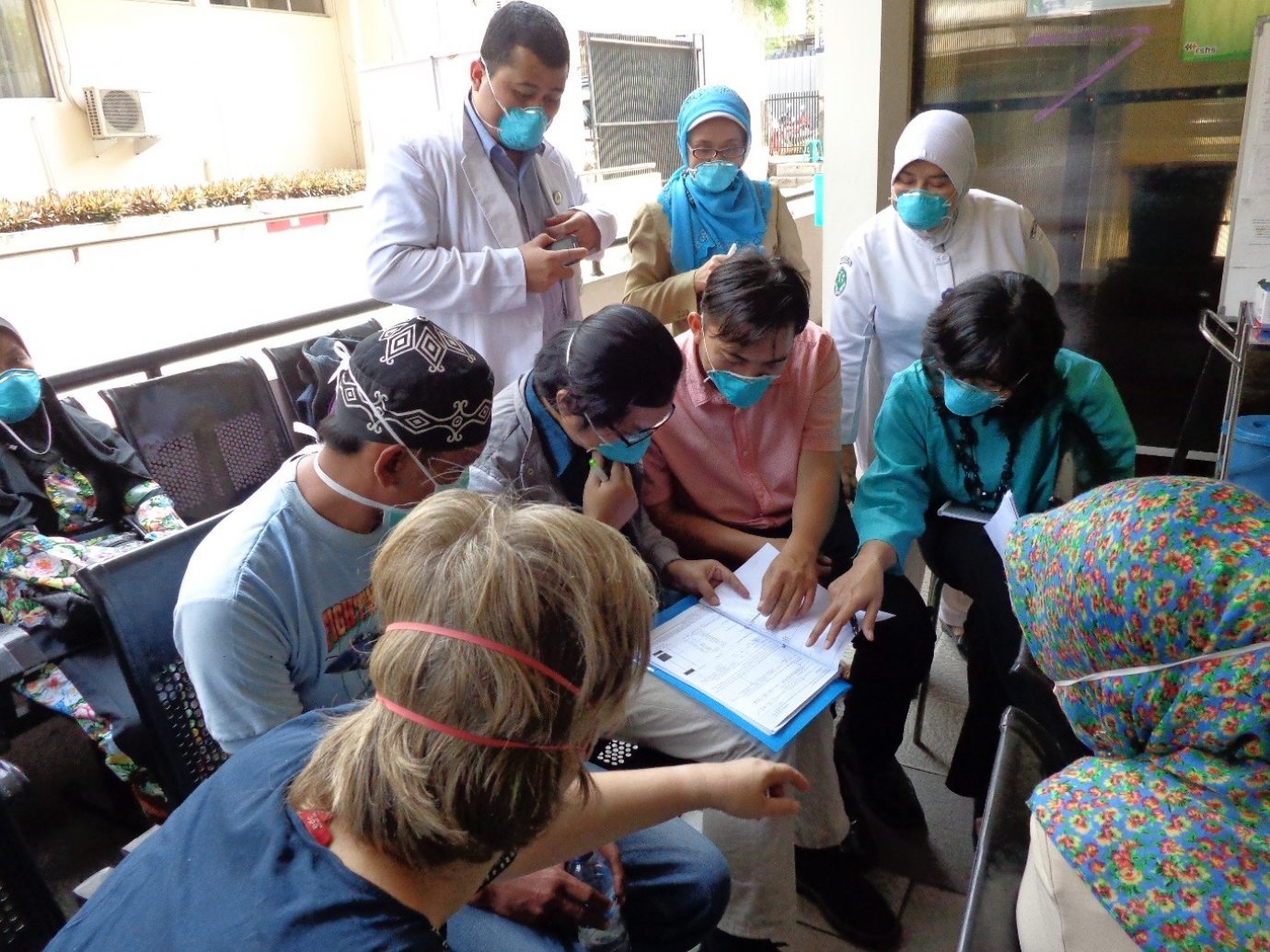The Hague, 13 October 2016 – Data released today by the World Health Organization (WHO) in its Global Tuberculosis Report 2016 demonstrate that the worldwide TB epidemic is larger and more threatening than previously estimated. New figures show an increase in the number of new patients with tuberculosis (TB). This treatable disease kills 1.8 million people every year and the number of patients with a serious drug-resistant strain of tuberculosis has risen alarmingly.
The latest WHO estimates demonstrate that tuberculosis is one of the top ten causes of death worldwide. Every year more people die of tuberculosis than of HIV/AIDS. Although the extent of the TB crisis is becoming increasingly evident, funds for TB control are at dangerously low levels. Kitty van Weezenbeek, Executive Director of KNCV Tuberculosis Foundation: “It is incomprehensible that funding for TB control is insufficient, when global investment in better diagnostics and TB treatment is so very effective in achieving great humanitarian and social successes. International studies show that for each US Dollar that we invest in TB control, the return is at least 40 Dollars ”
KNCV Tuberculosis Foundation actively contributes to defeating the TB epidemic through the introduction of new tools and mechanisms for finding and treating the disease and ensuring access to TB services for vulnerable groups and those at risk of being disproportionately affected. The Netherlands is a country with a wealth of knowledge and expertise in this field and has an important role to play in the worldwide fight against tuberculosis.
Van Weezenbeek: “Tuberculosis forms a global threat to healthcare. KNCV Tuberculosis Foundation is glad that both the Netherlands and the United Nations recognize this threat. But recognizing this is not sufficient. It is time for action. TB should be explicitly included in a broad interdepartmental Dutch Global Health strategy and the worldwide campaign against antimicrobial resistance. If 1.8 million deaths per year is not enough of a wake-up call, then perhaps the prospect of a future with an untreatable form of tuberculosis that will spread across the globe, will be. I trust that these new WHO data will wake up the Dutch and international policy-makers and urge them to formulate a broadly coordinated answer to a tough, centuries-old infectious disease that is now claiming more lives than any other infectious disease. Let our successes in more than thirty countries be a source of inspiration.”

